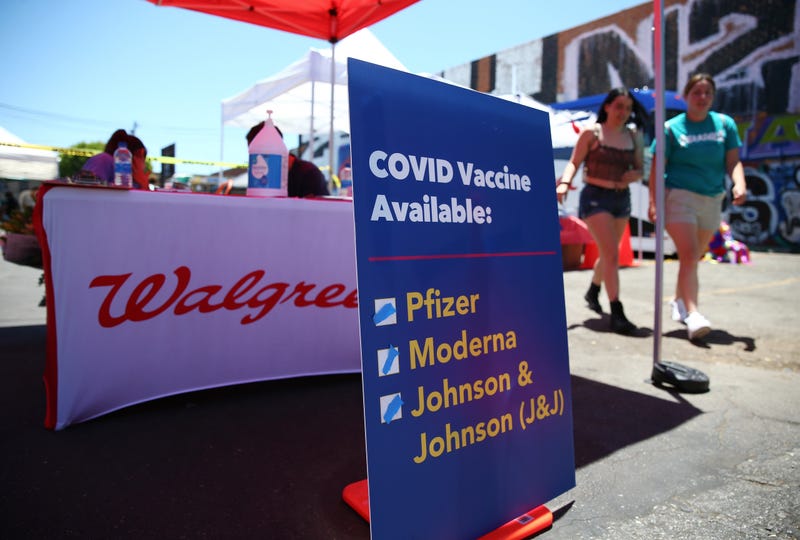
Since it was first discovered in the U.S. weeks ago, the COVID-19 Delta variant has become one of the most identified virus strains in newly reported coronavirus cases. Dr. Michael Osterholm discussed this and what it could mean for the nation with News Talk 830 WCCO’s Chad Hartman.
Los Angeles County’s Health Office is once again encouraging residents to wear masks, regardless of their vaccination status, while inside. However, when it comes to this happening in Minnesota, Osterholm doesn’t see it happening.
“The science says that by far the vaccine is the most important aspect of what you can do in terms of protecting yourself,” Osterholm said. “The vaccine is what’s really going to protect you.
I think you’re going to see many areas not agreeing at all with going back to masks, and I think many people will find that unacceptable. And frankly, from a protection standpoint right now, unless you’re an N-95 respirator … the most important thing we can just give people the message on is please get vaccinated.”
Osterholm has continued to say throughout the pandemic that a cloth mask is simply part of a protection portfolio. The best way he thinks you can protect yourself is by getting vaccinated. When it comes to mask mandates making a comeback nationally, Osterholm doesn’t see it in the cards.
“I do believe very strongly that the US will not go back to doing a number of the kinds of mitigation strategies that were used,” he said.
Osterholm went on to say that if someone is not vaccinated, then the virus will find them eventually; he says this is something he “can not stress enough.”
According to Osterholm, the five states with the lowest vaccination numbers also see the highest amount of new COVID cases. He fears that if residents do not get vaccinated, they are putting themselves at risk, especially with the Delta variant being more contagious and affecting those who are not vaccinated at a higher rate.
Minnesota at the moment is at the mercy of the variant with the challenge of getting people vaccinated, Osterholm said. Osterholm sees three groups of people when it comes to getting vaccines, group one is vaccine willing, group two is vaccine-hesitant, and the third group is vaccine hostile.
Osterholm says that they have to reach the vaccine-hesitant to reach vaccine goals.
As of right now, the number of cases worldwide has continued to grow in countries with no access to the vaccine. Osterholm is worried about this because of how it will affect the mutation of the virus. The Delta variant tore through India, where it originated, but is now present all across the globe.
“The reason that’s a real concern to us here is because this thing keeps spitting out these variants, these mutated viruses,” he said. “And the one we are talking about now is Delta which originated in India now has become worldwide in its dominance. This is also the same variant that is able to evade some of the immune protection from our current vaccine.”
A study has shown that the Pfizer BioNTech vaccine is 88% effective against the variant, almost 10% less effective than the original strain of the virus.
When it comes to people who have received the Johnson and Johnson vaccine, Osterholm says he recommends getting another shot of either Pfizer or Moderna to be safe.
Because of the limited amount of vaccines, Osterholm sees the world being at the mercy of these low-vaccinated countries for a while.
“Globally, this will continue to be a house on fire in many countries around the world,” Osterholm said. “From a humanitarian standpoint, that’s a crisis, but also it’s a crisis from the standpoint of these variants that will spit out that we are going to have to deal with here.”



